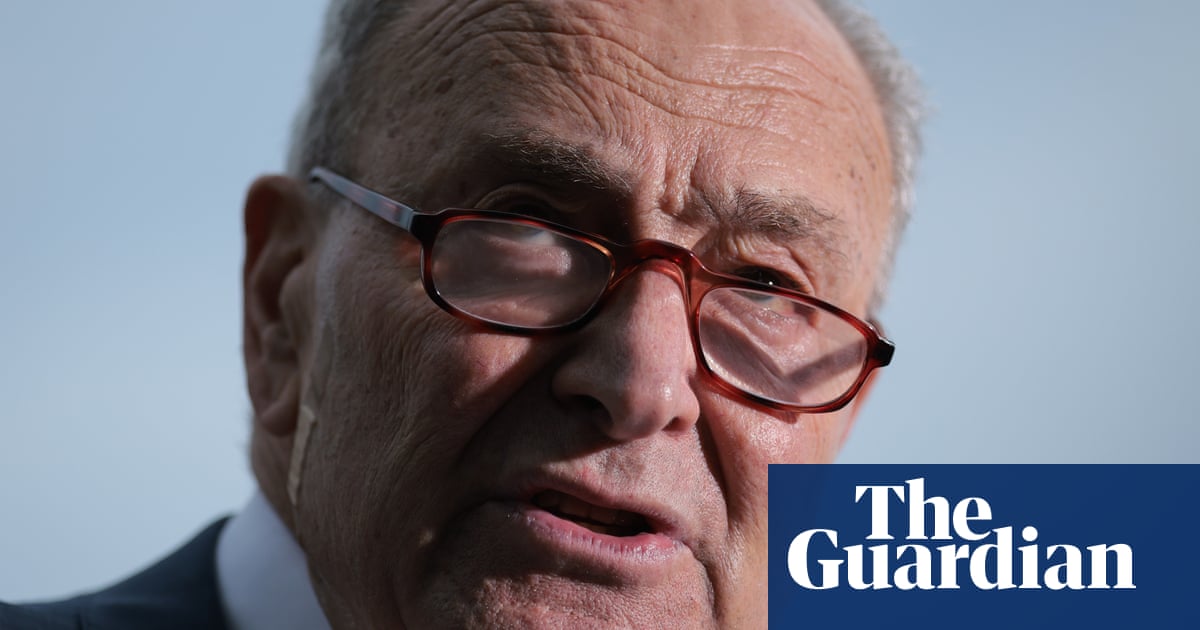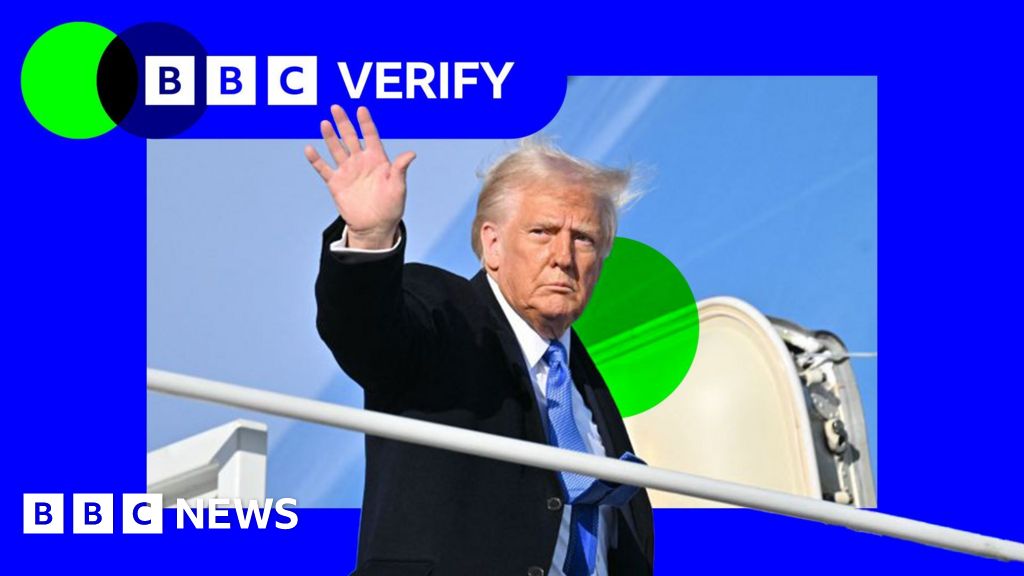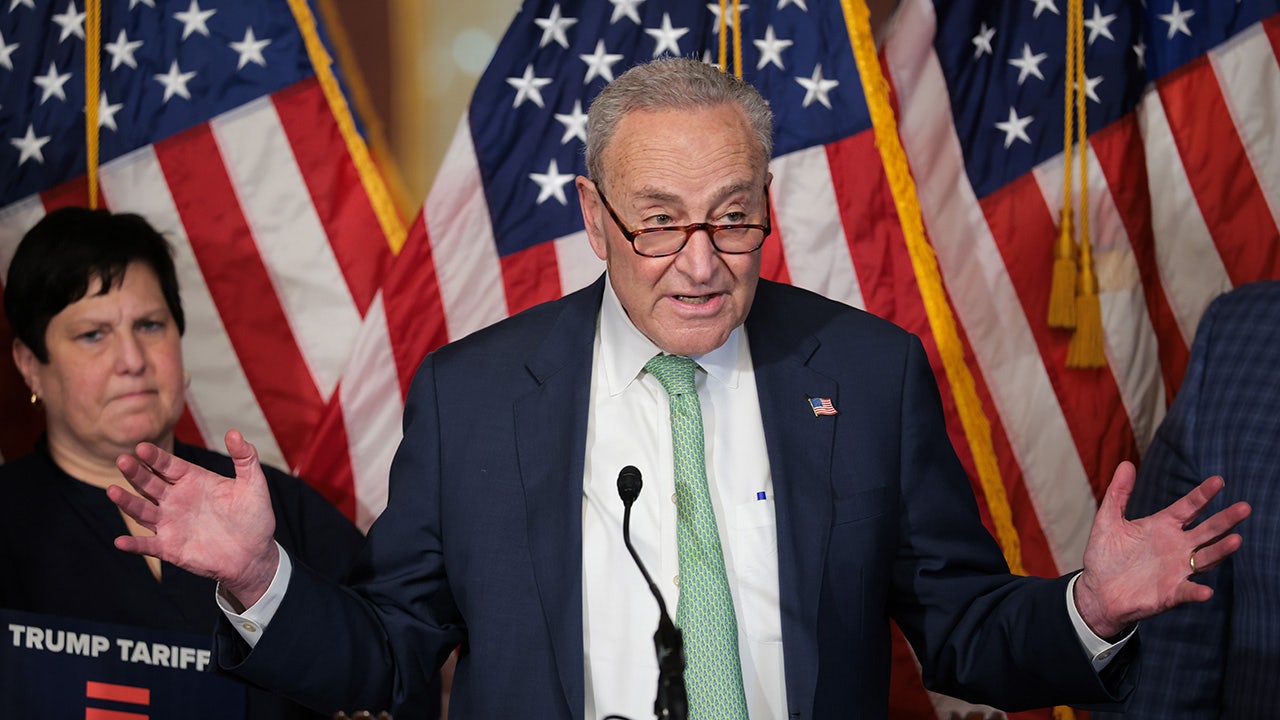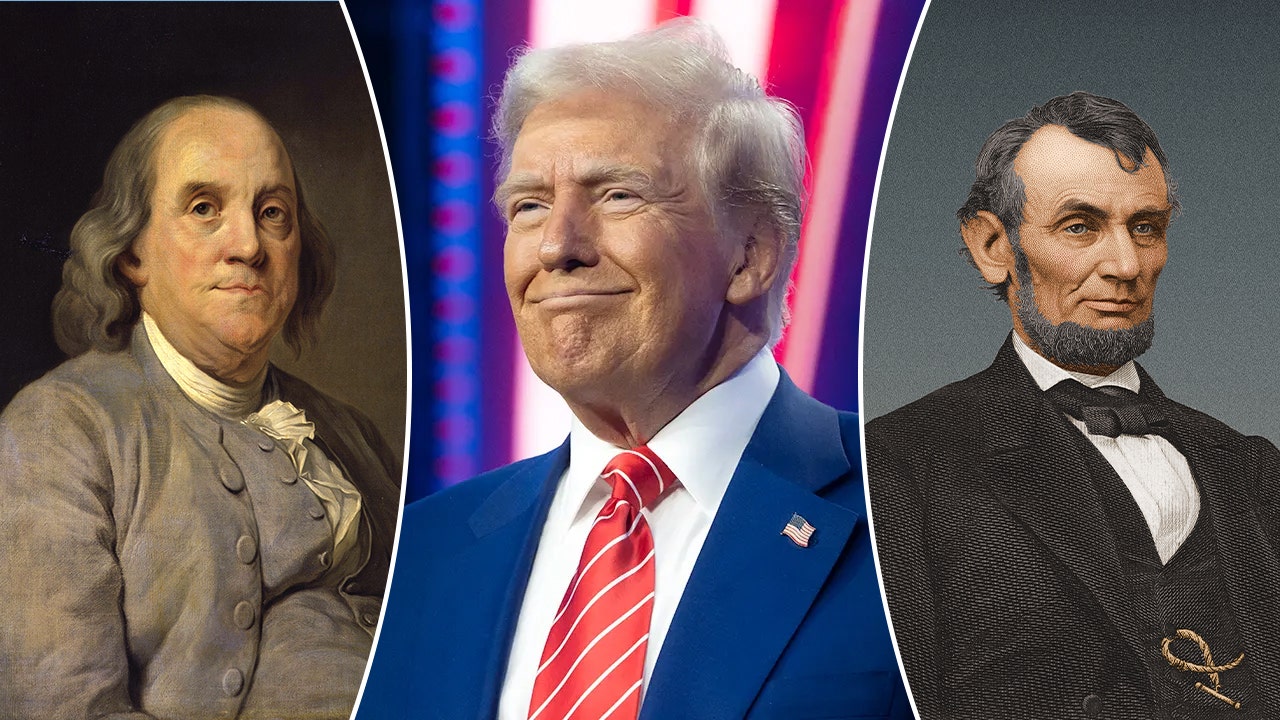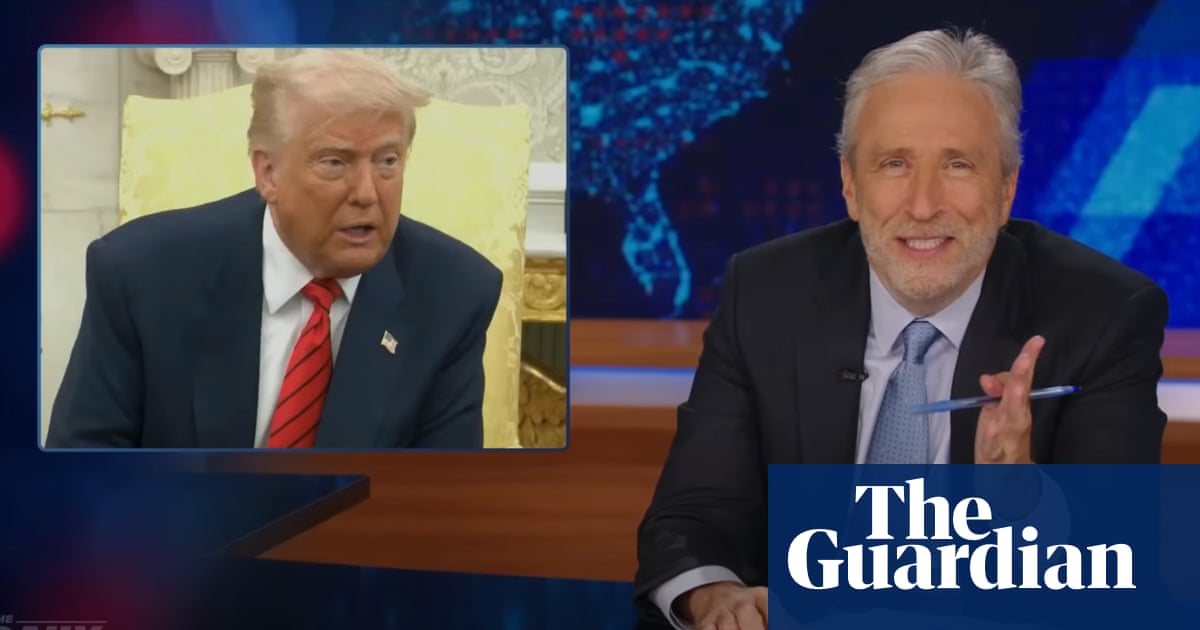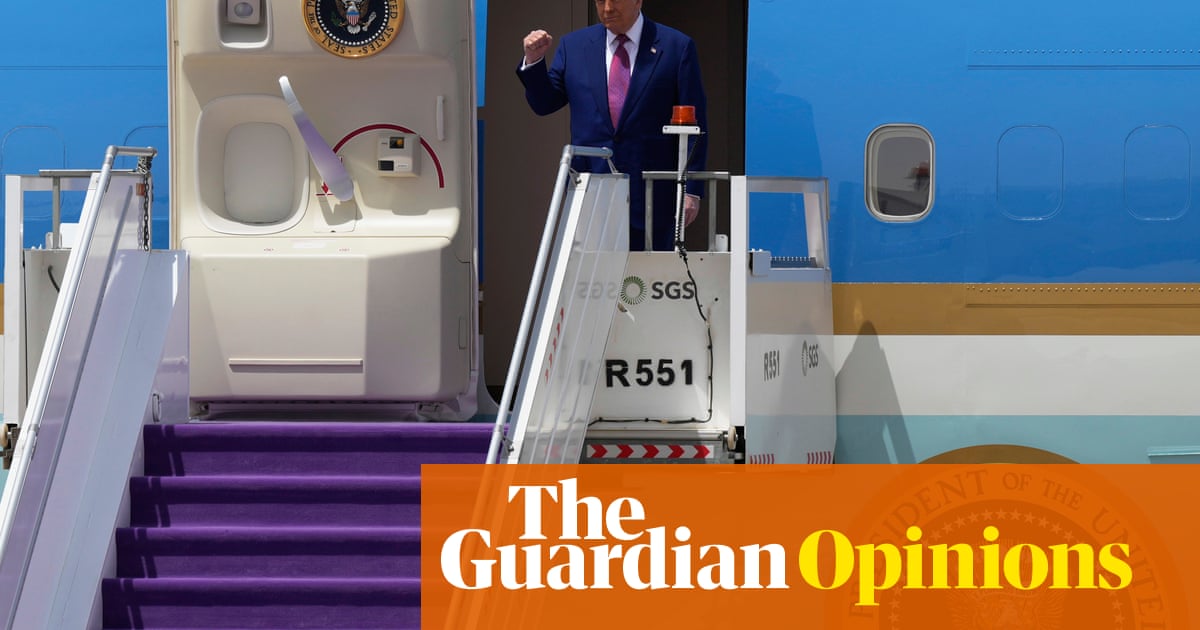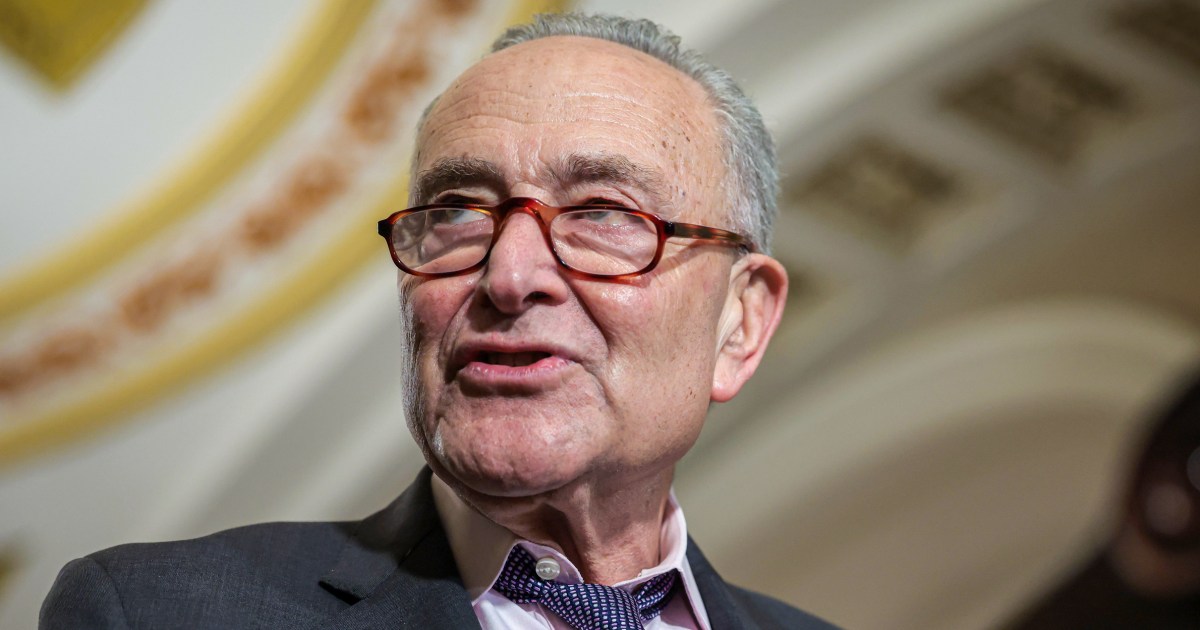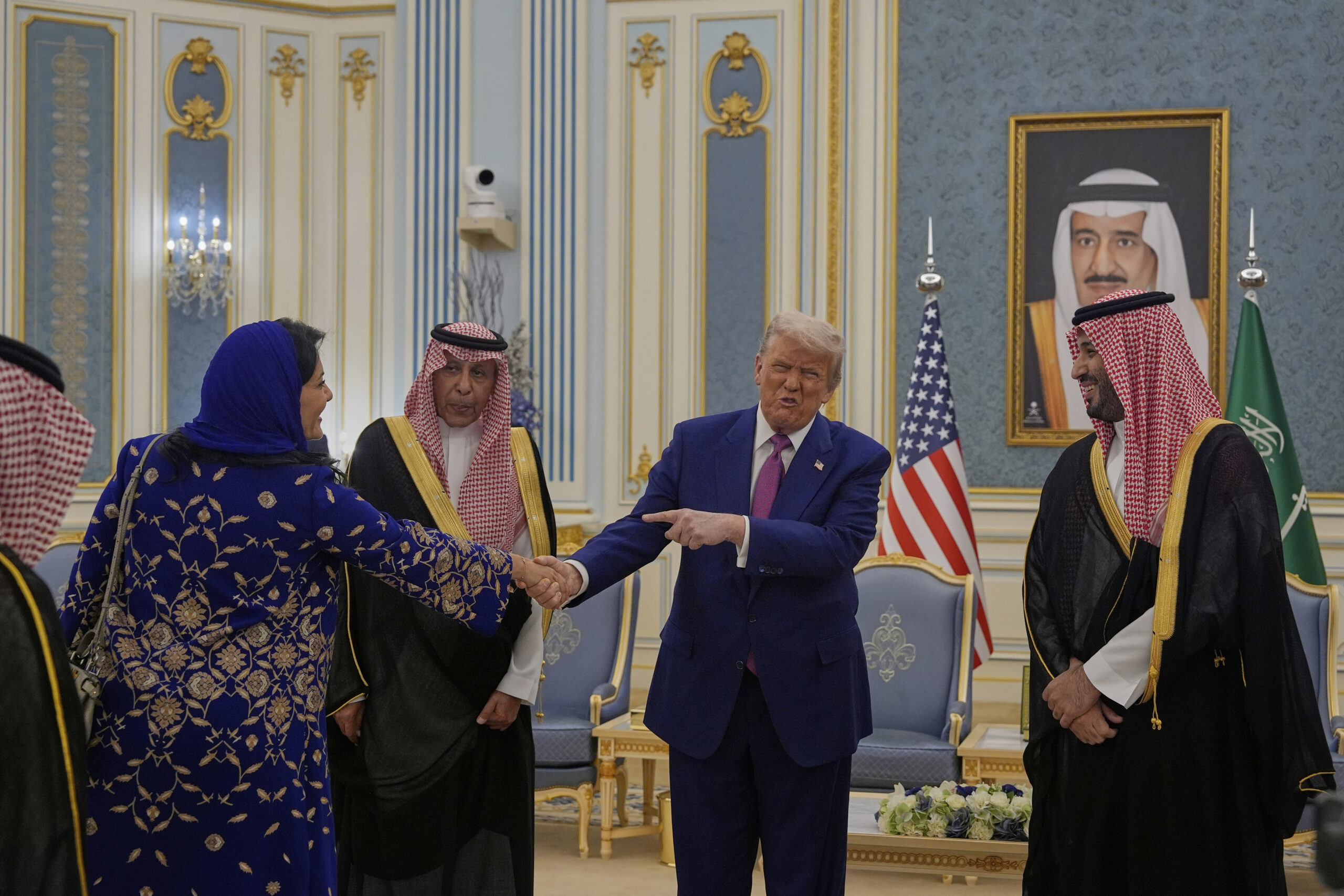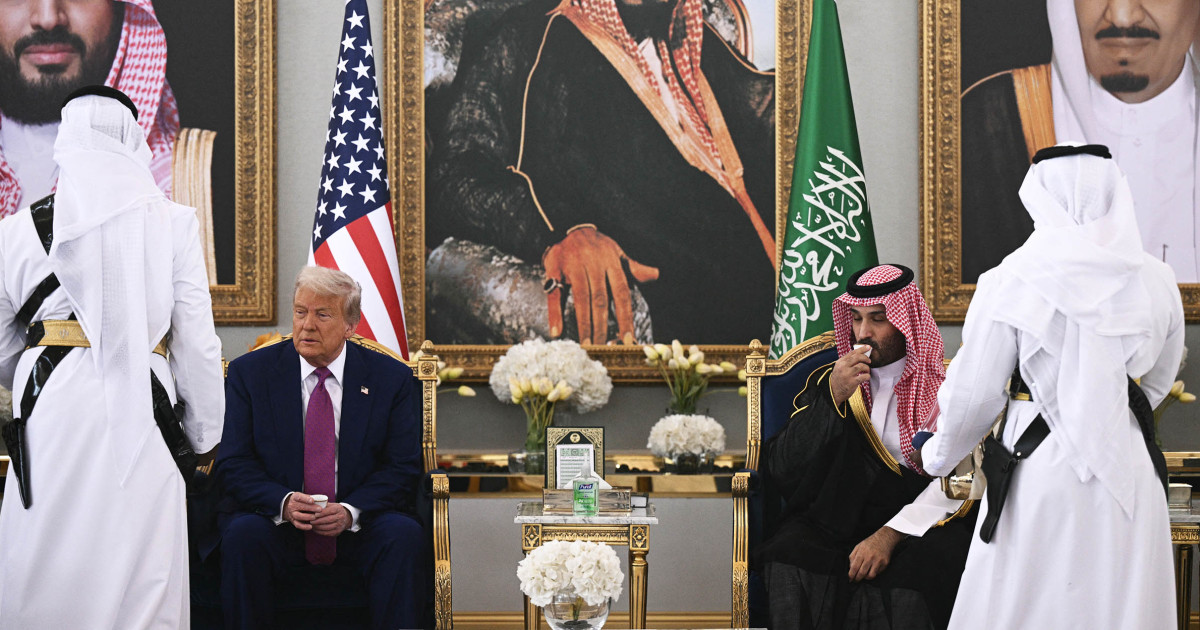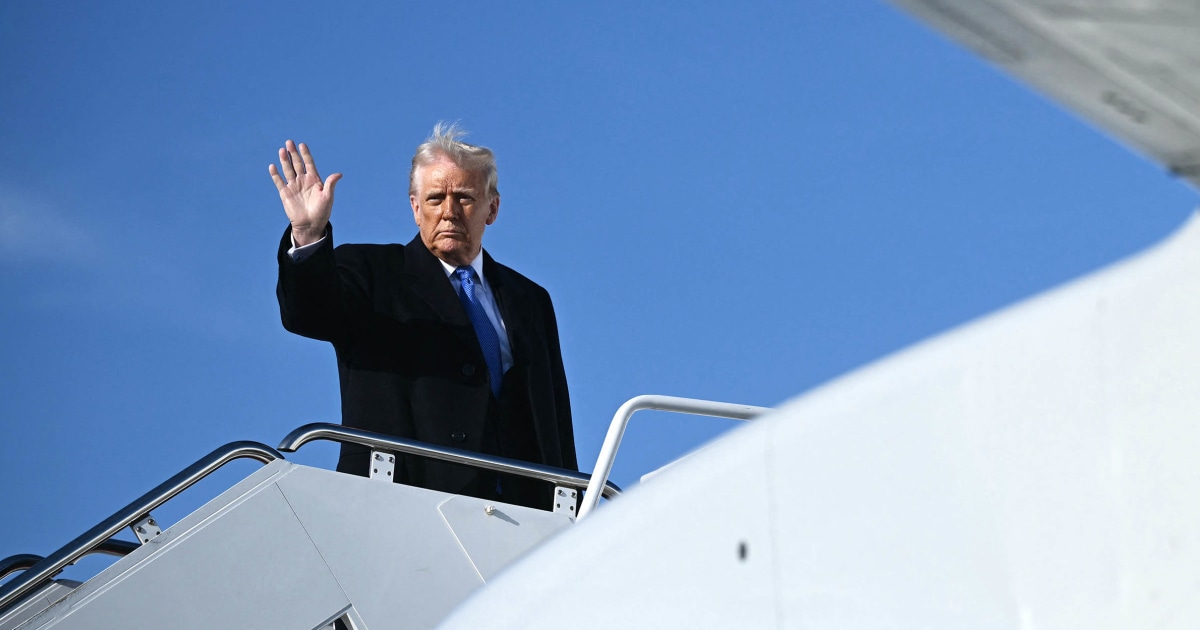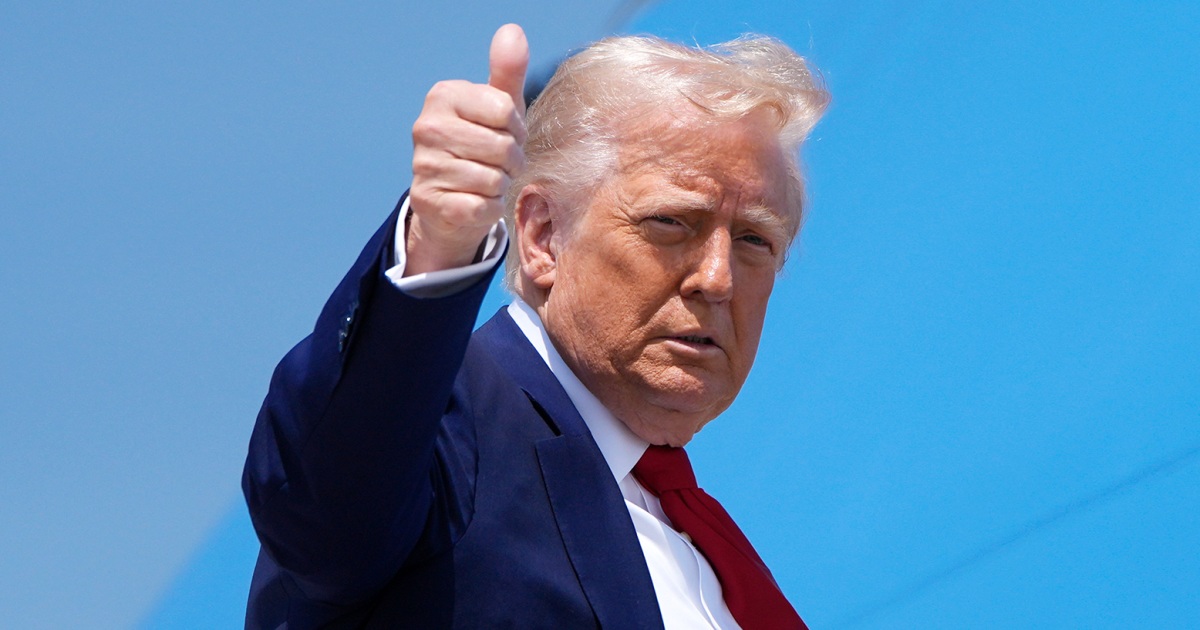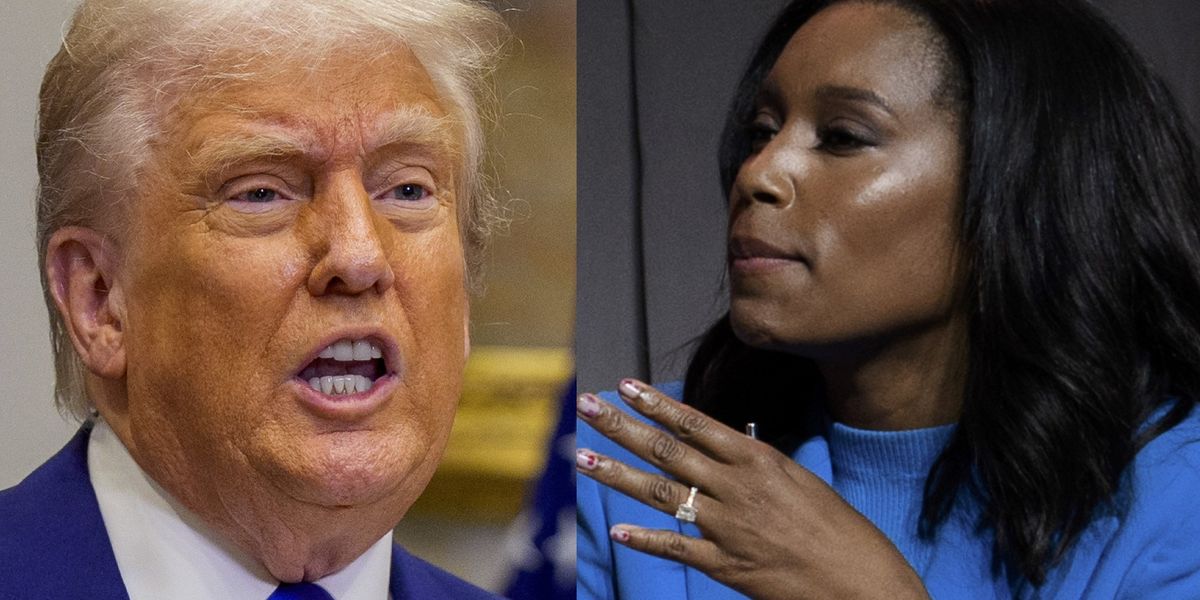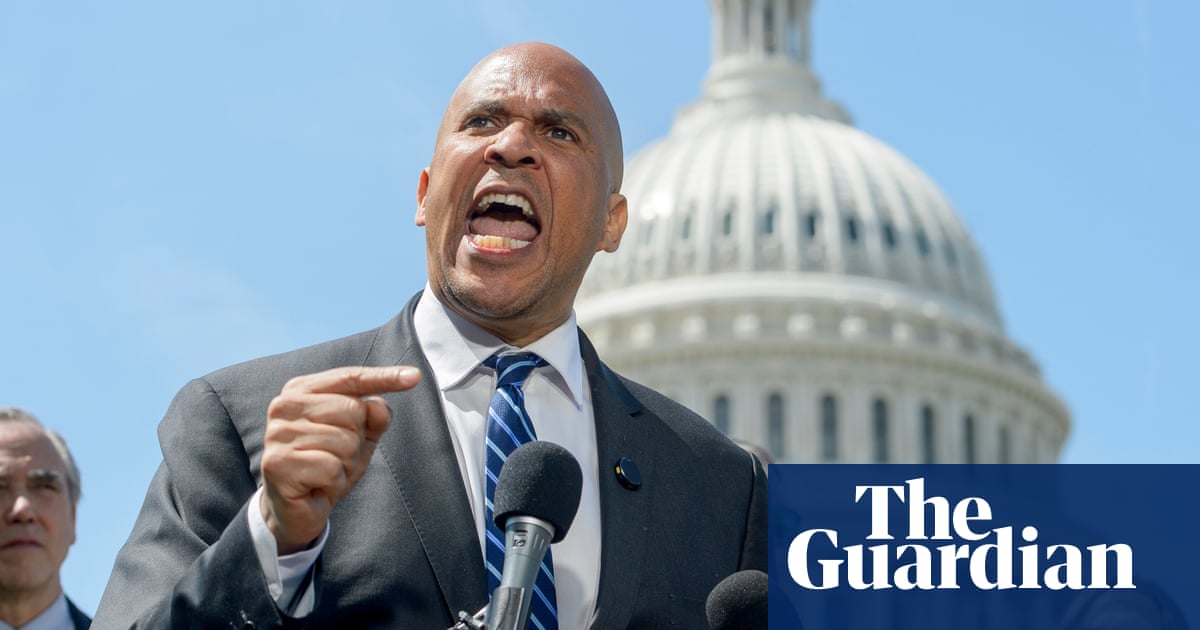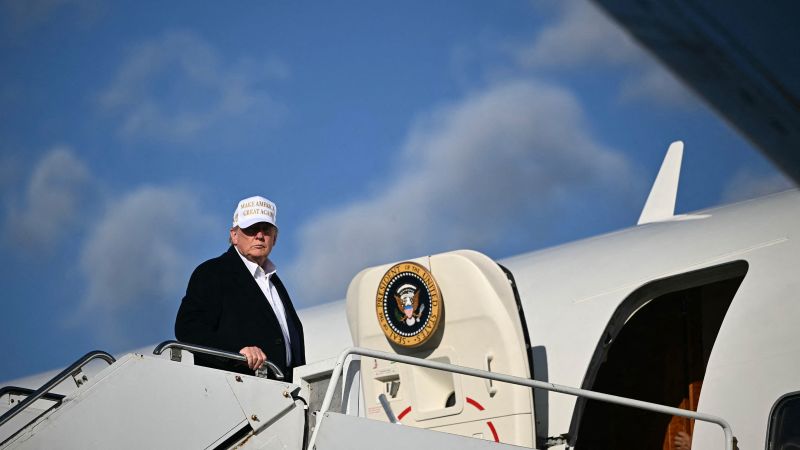Bipartisan Criticism Grows Over Trump's Acceptance of Qatari Jet as Air Force One Replacement
President Trump's plan to accept a $400 million plane from Qatar faces bipartisan scrutiny, raising ethical concerns and national security risks.
Subscribe to unlock this story
We really don't like cutting you off, but you've reached your monthly limit. At just $5/month, subscriptions are how we keep this project going. Start your free 7-day trial today!
Get StartedHave an account? Sign in
Overview
President Trump’s controversial decision to accept a $400 million luxury jet from Qatar for Air Force One has faced intensified bipartisan criticism, with Senate Democratic Leader Chuck Schumer halting all Justice Department nominations until he gets answers regarding national security implications. Schumer emphasized that the potential donation raises multiple questions, including the addition of security features and constitutional issues under the emoluments clause. Many Republicans express unease about the deal, leading to calls for further investigation regarding the legality of accepting such foreign gifts. The White House continues to assert that legal details are still being finalized.
Report issue

Read both sides in 5 minutes each day
Analysis
- Senate Minority Leader Chuck Schumer has placed a hold on all Trump Justice Department nominees, demanding answers regarding the accepted jet from Qatar, which he alleges poses national security risks and violates ethics standards, calling it "naked corruption" and a "grave national security threat."
- Schumer has asserted that Attorney General Pam Bondi must testify before Congress to clarify how accepting the jet complies with the Emoluments Clause, which prohibits accepting gifts from foreign governments without congressional approval, and the White House has been urged to disclose more details about potential security measures related to the aircraft.
- Both Democratic and Republican senators have expressed significant concerns over the implications of the Qatari jet, suggesting that it raises critical questions regarding national security and the integrity of U.S. leadership, with some stating that the potential gift could see foreign influence on American policies.
Articles (47)
Center (14)
FAQ
The main concerns include potential violations of the US Constitution's Foreign Emoluments Clause, which bars government officials from accepting gifts from foreign states, ethical questions about foreign influence or bribery, and the need for congressional approval to accept such a gift.
Democrats have strongly criticized the plan, calling it bribery and foreign influence, with Senate Minority Leader Chuck Schumer halting Justice Department nominations until answers are provided. Some Republicans have expressed unease, citing concerns about the plane's safety and national security risks, while others are more accepting but still cautious.
National security concerns include the possibility of security vulnerabilities or espionage risks, with some senators worried about the safety of the President aboard a plane donated by a foreign state that some consider an unreliable ally, possibly supporting hostile groups.
The White House has defended the jet deal as a public and transparent transaction that follows all applicable laws, and legal details are reportedly still being finalized.
President Trump has stated it would be 'stupid' to reject such a free and very expensive airplane, emphasizing frustration with delays in Boeing’s delivery of new Air Force One planes and suggesting he may donate the plane to a future presidential library after his term.
History
- 6M

 4 articles
4 articles
- 6M

 4 articles
4 articles
- 6M

 4 articles
4 articles
- 6M

 4 articles
4 articles
- 6M

 4 articles
4 articles



